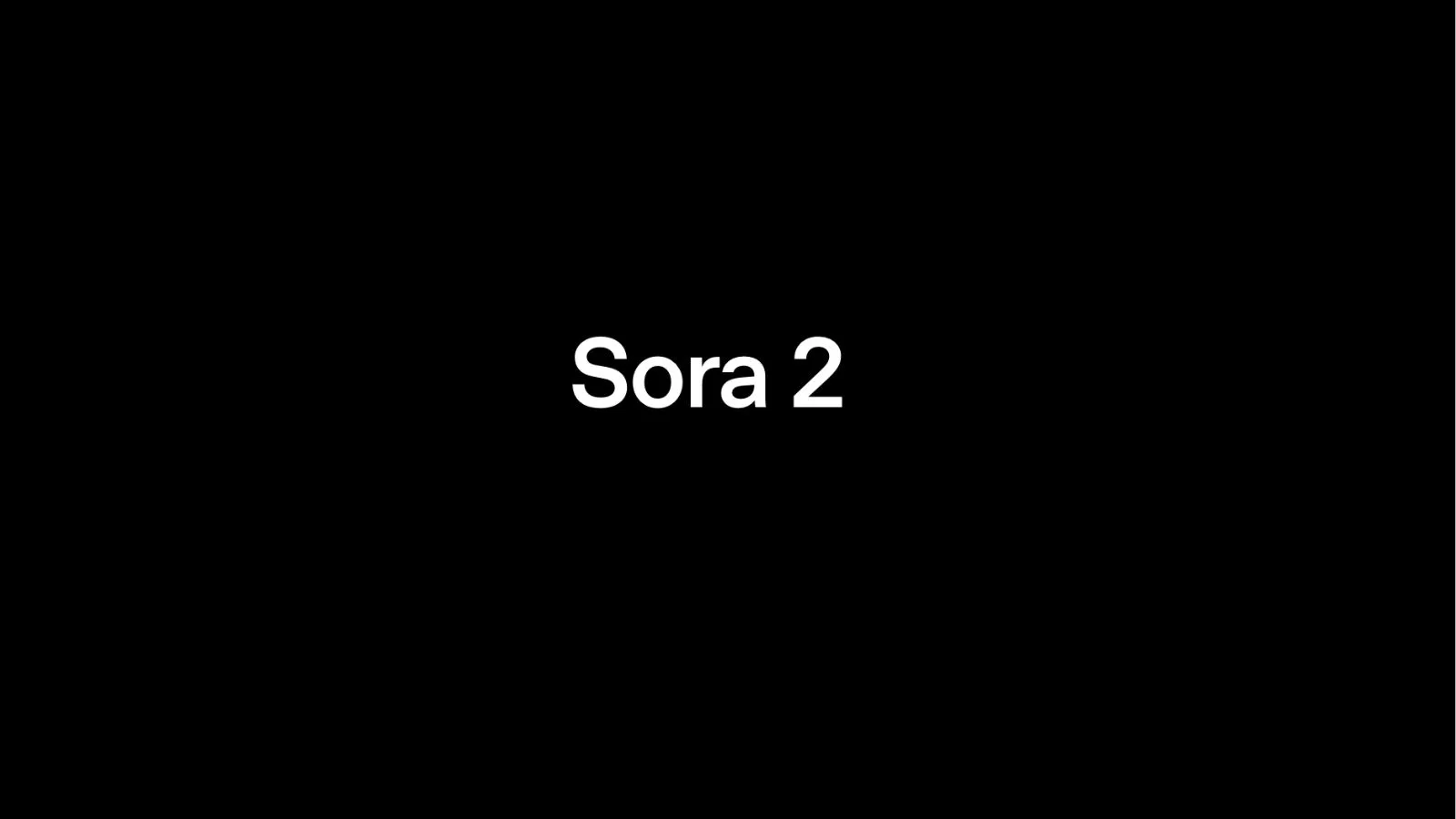AI
Judge tells OpenAI to drop “Cameo” from Sora (for now)
Cameo lets users generate AI videos of anyone you want: a celebrity, a creator, or even your friend by uploading their face into the system.

Just a heads up, if you buy something through our links, we may get a small share of the sale. It’s one of the ways we keep the lights on here. Click here for more.
OpenAI’s shiny new video app, Sora, is having a small but very modern problem: it may have to delete a perfectly good word from its vocabulary because another app already called dibs.
According to a report from CNBC, a federal judge has issued a temporary restraining order telling OpenAI it can’t use the term “Cameo” inside the Sora app, at least for now.
The problem? There’s already a company called Cameo, the celebrity video platform where you pay famous people (or famous-adjacent people) to record birthday messages, apologies, or “I’m sorry I ate your leftovers” confessions.
Sora’s version of a “Cameo” is different, but also not different enough.
In OpenAI’s app, a Cameo lets users generate AI videos using the likeness of someone who’s opted in, a celebrity, a creator, or even your friend who uploads their own face into the system.
You type a prompt, and boom: there’s “them” in an AI-generated video. Very futuristic. Very legally complicated.
The judge, Eumi K. Lee of the Northern District of California, ruled that OpenAI has to stop using the word while the case plays out.
The restraining order runs until December 22, basically giving both sides a few weeks to sharpen their arguments and their lawyers’ LinkedIn bios.
Cameo says OpenAI’s use of the word is causing brand confusion.
After all, if you can order a video from Jake Paul on Cameo, and also get an AI version of Jake Paul in Sora’s “Cameo” feature, things start getting weird, fast.
OpenAI, meanwhile, is pushing back.
In a statement, the company said it doesn’t believe anyone should get exclusive ownership over the word “cameo,” which, to be fair, existed long before celebrities started charging $50 to say happy birthday.
To make things messier, not all Sora videos involve “Cameos,” and people have still been finding ways to generate famous faces without using the official feature.
Michael Jackson? Allowed. Bryan Cranston? Technically not, unless you just ask for Walter White, his Breaking Bad character, which opens up a whole other legal can of worms.
And because no tech saga is complete without a bonus lawsuit, last week OverDrive also sued OpenAI over Sora’s logo, claiming it looks a bit too much like theirs.
Oh, and when Gizmodo checked, Sora was still using the word “Cameo” anyway. So for now, it’s less “temporary restraining order” and more “strongly worded suggestion.”
Sora may be able to generate Hollywood-level videos, but it still can’t escape Hollywood-level legal drama.






























